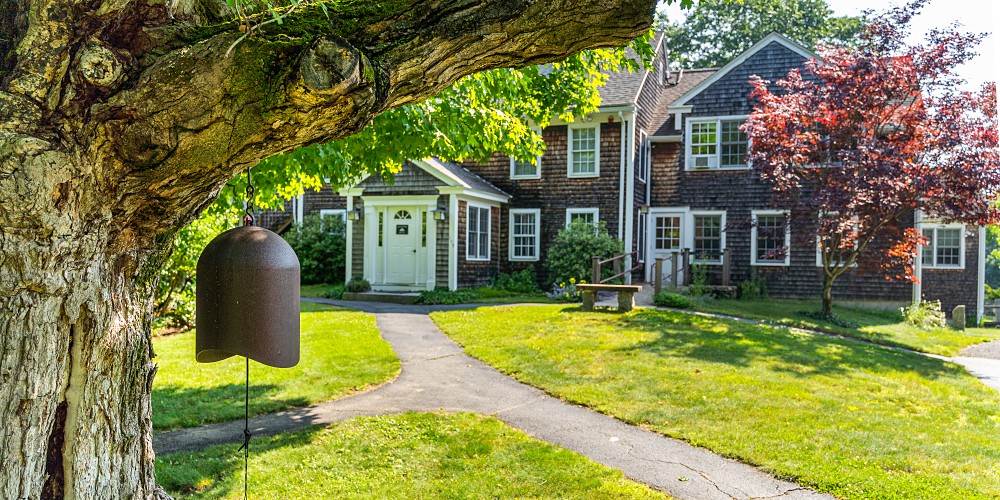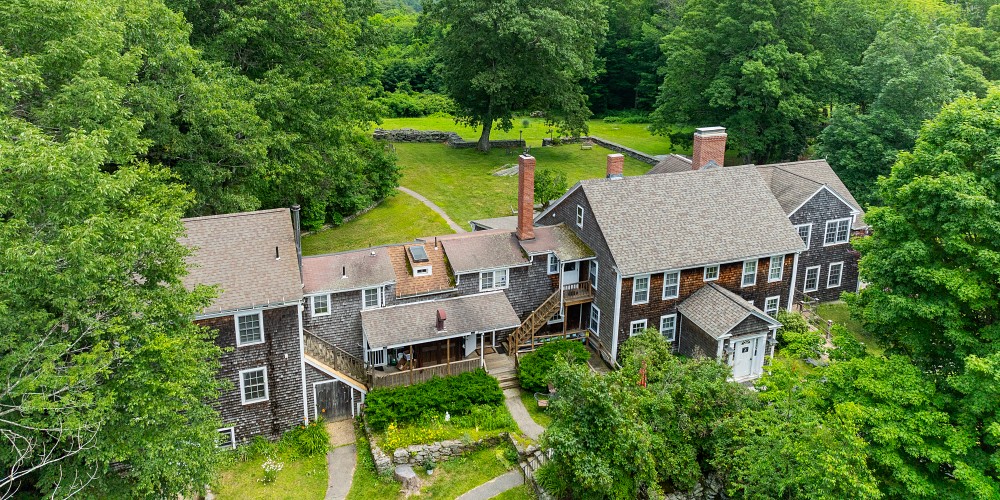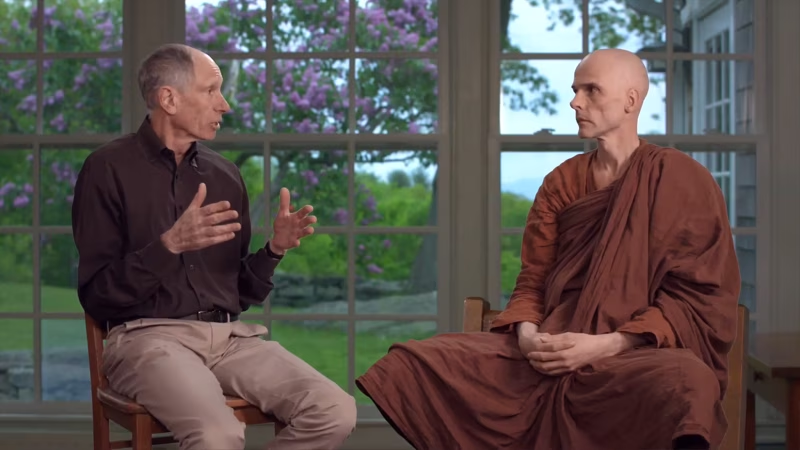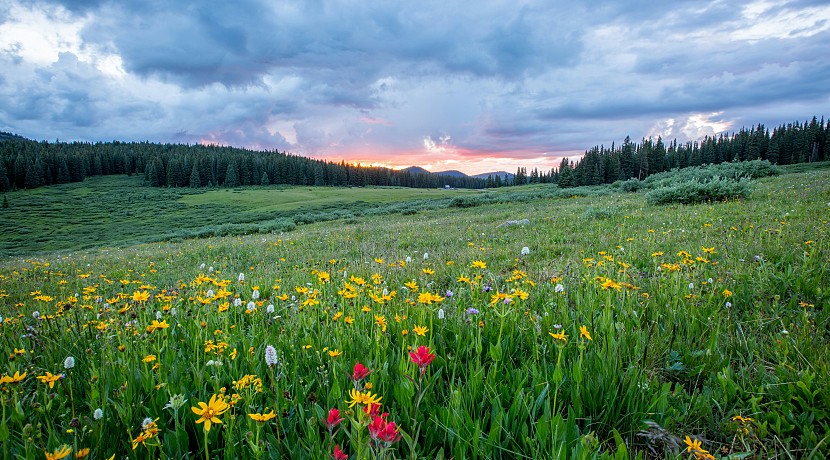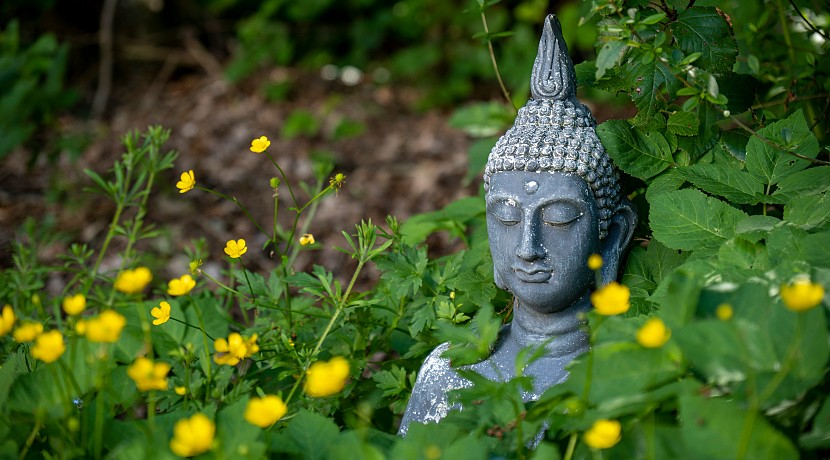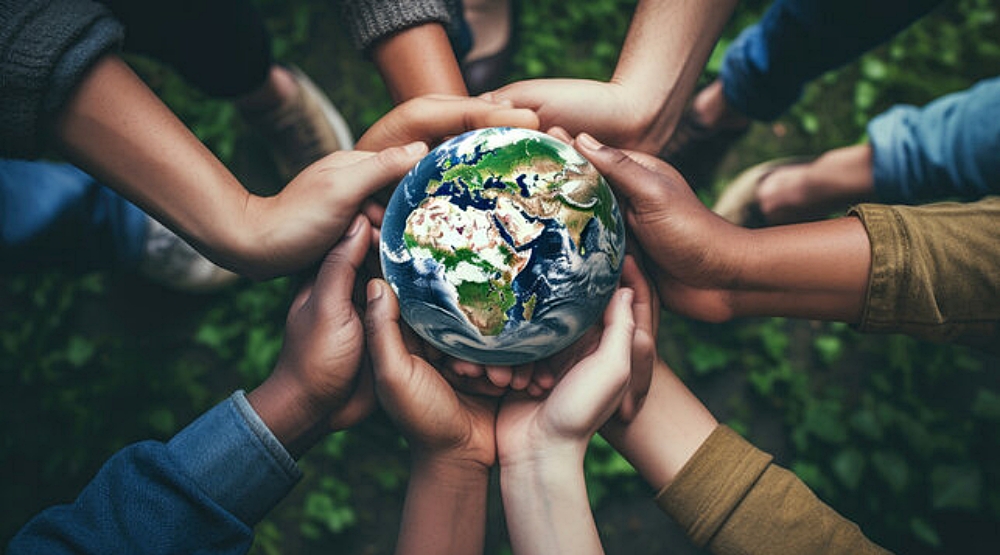
- October 4 - November 22, 2025
- Bhikkhu Anālayo, Rhonda Magee, Rebecca Henderson, Jon Kabat-Zinn
Global Awareness Local Action (GALA)
Join the BCBS Global Awareness Local Action (GALA) program, a freely offered initiative exploring climate change through Buddhist teachings and mindfulness.
Grounded in the idea that Buddhist ethics calls on us to mitigate and adapt to climate change, the GALA program will share practices, conceptual frameworks, and workshops to support participants in mindful and skillful engagement in a world with a rapidly changing climate. Participants will also have an opportunity to join small groups based on geography and/or common interests to support each other in becoming more engaged in mindful climate activism.
